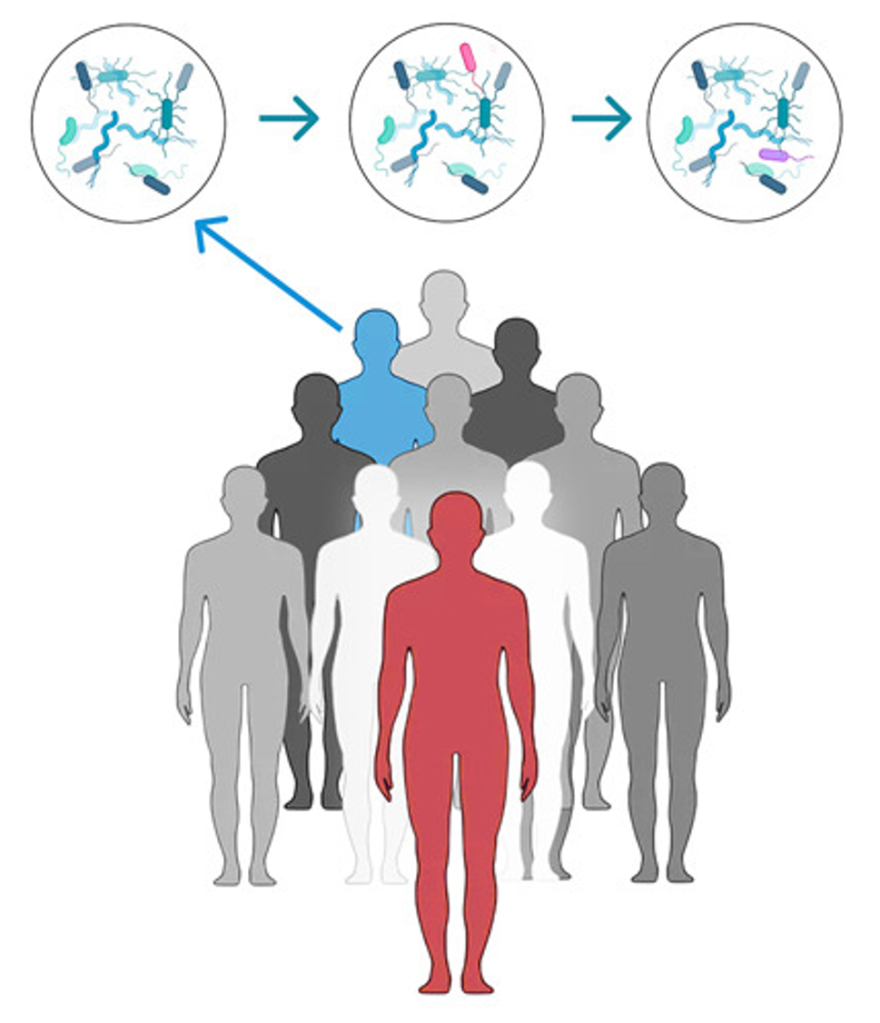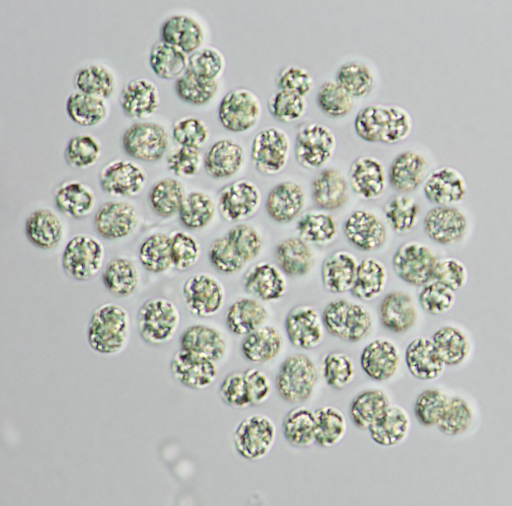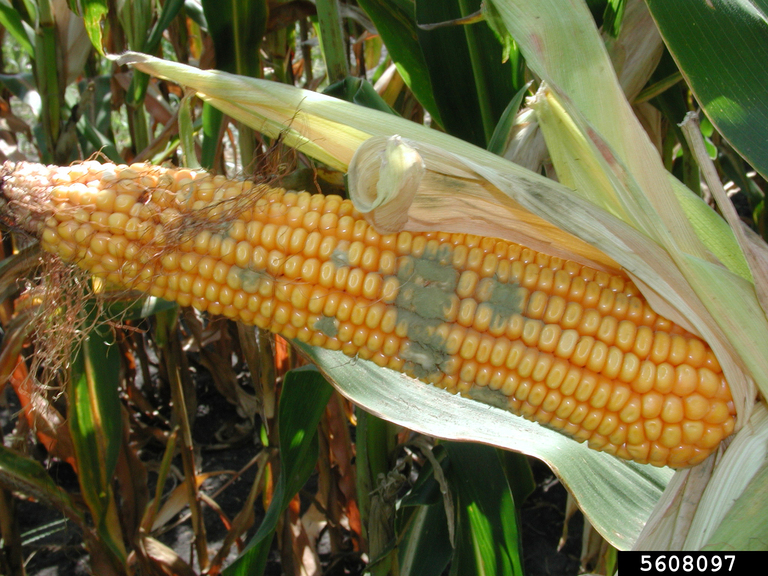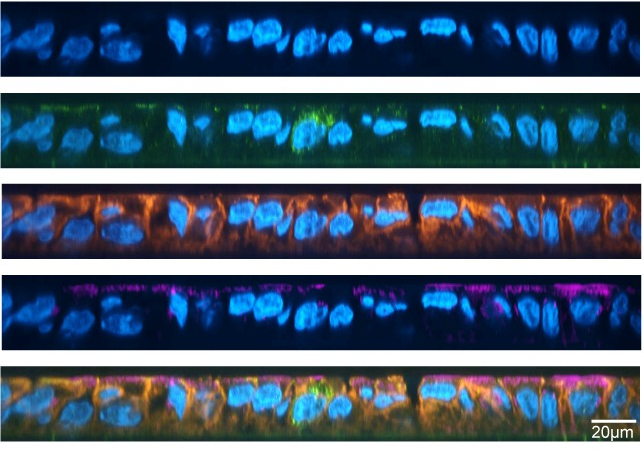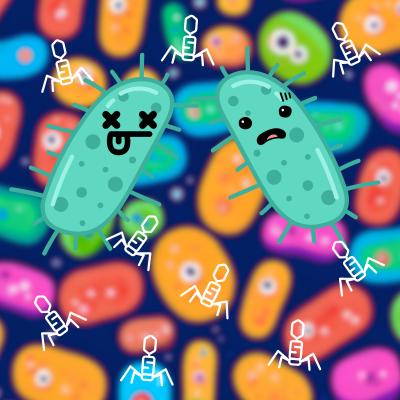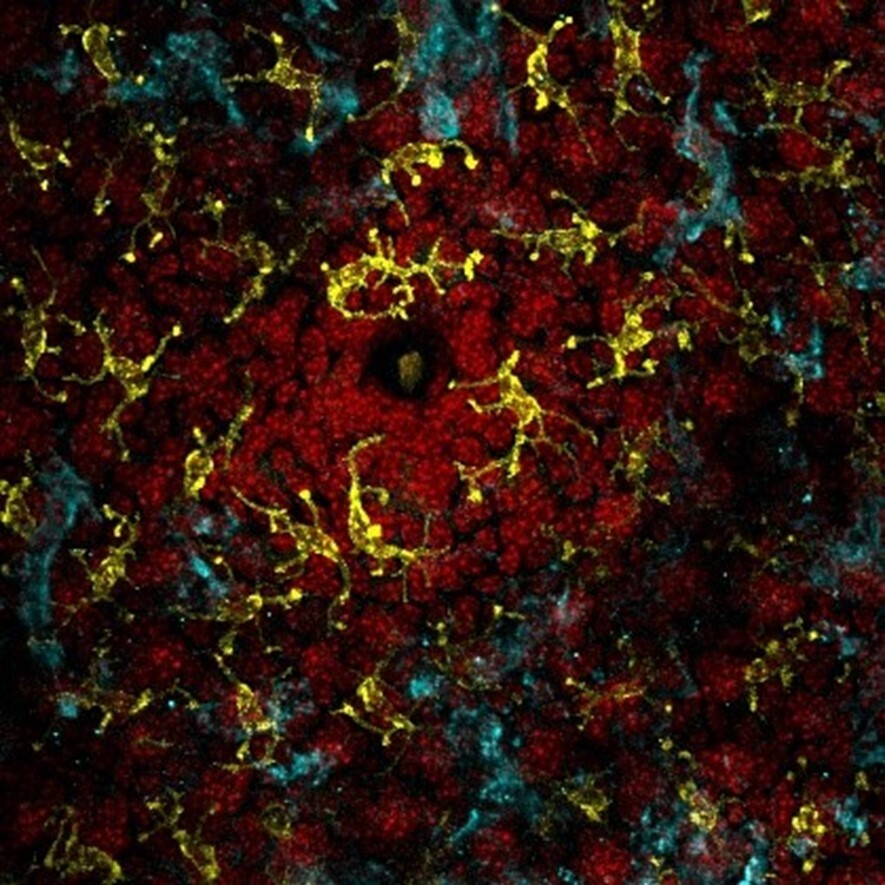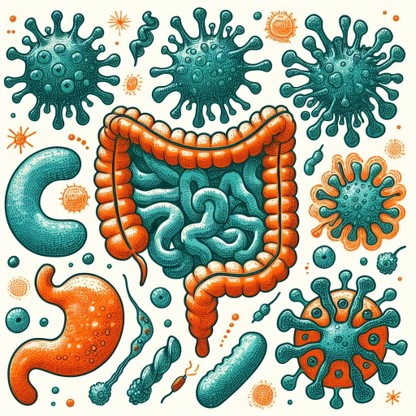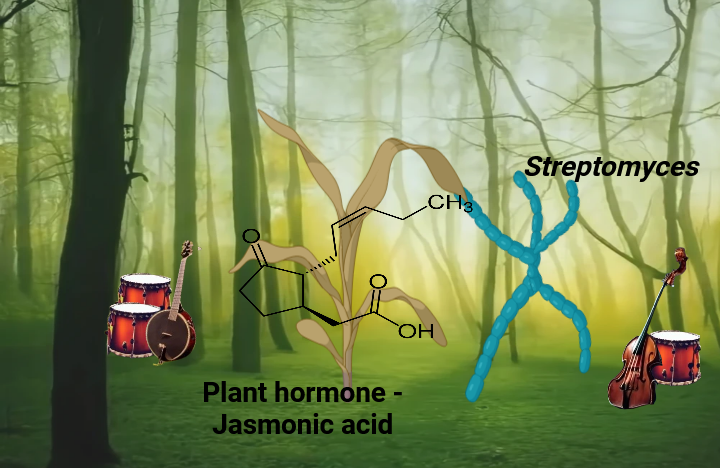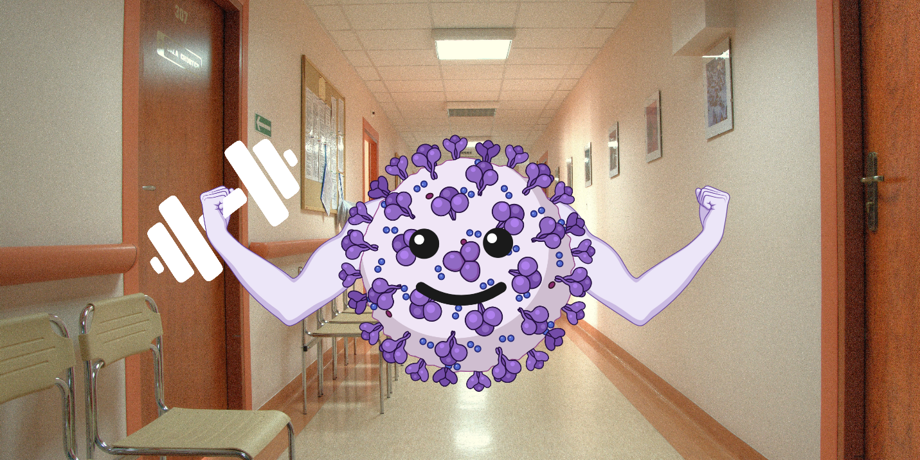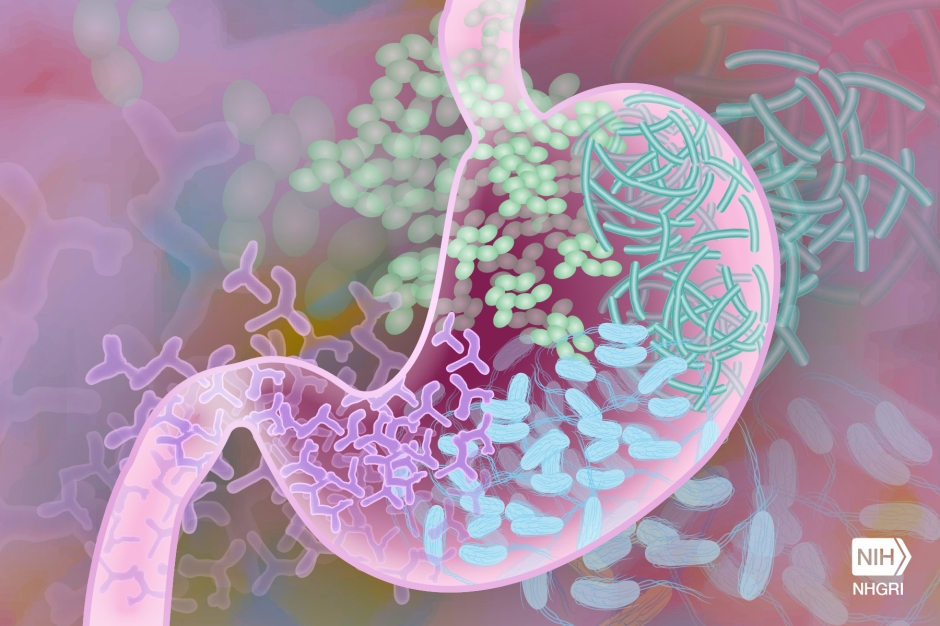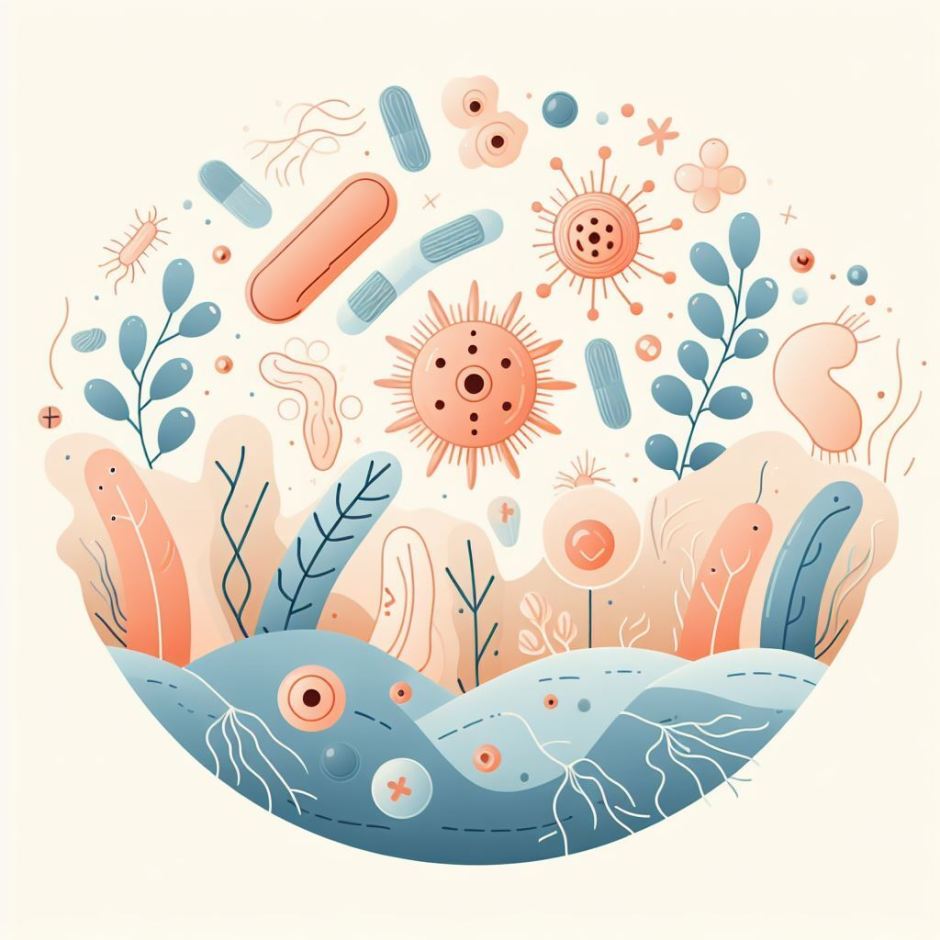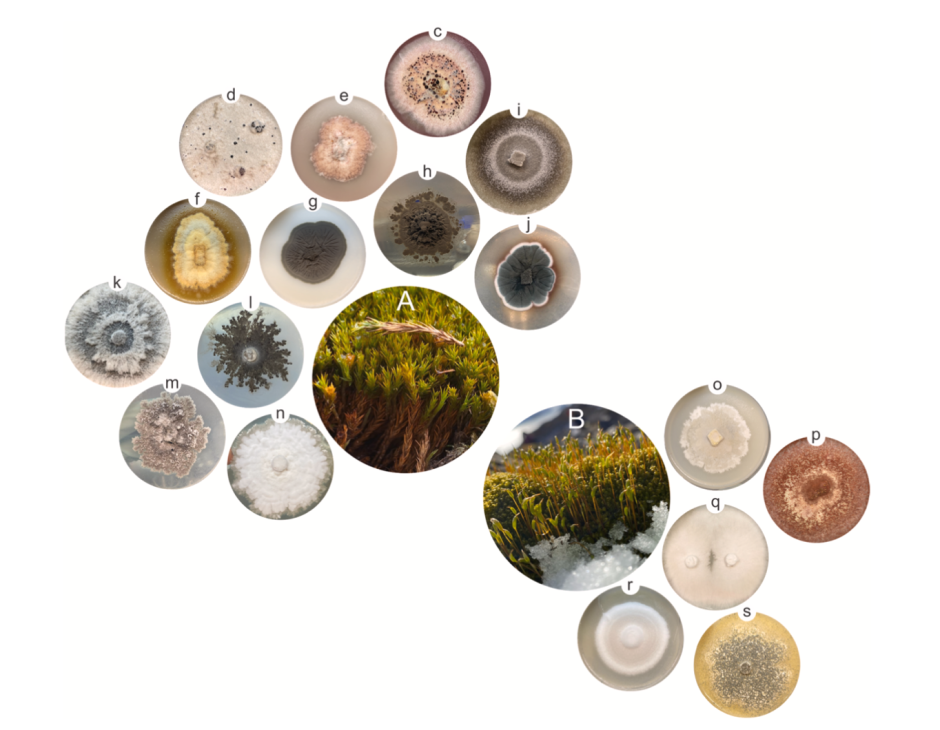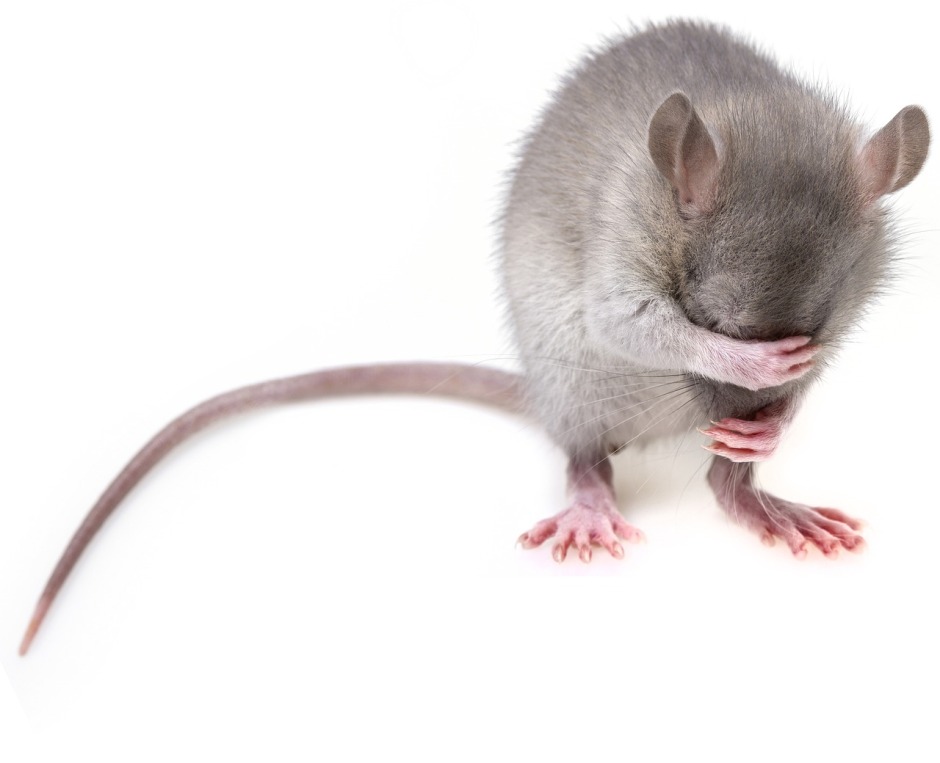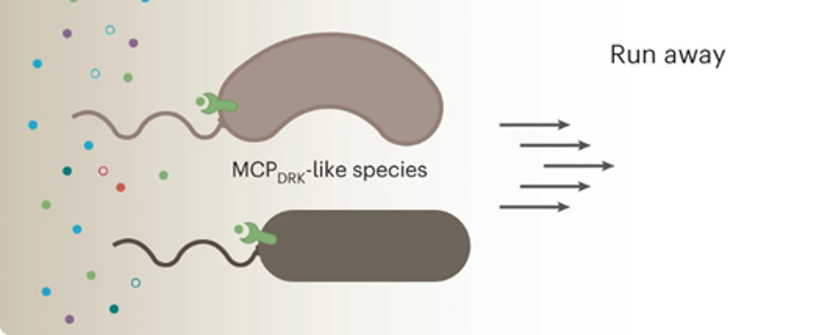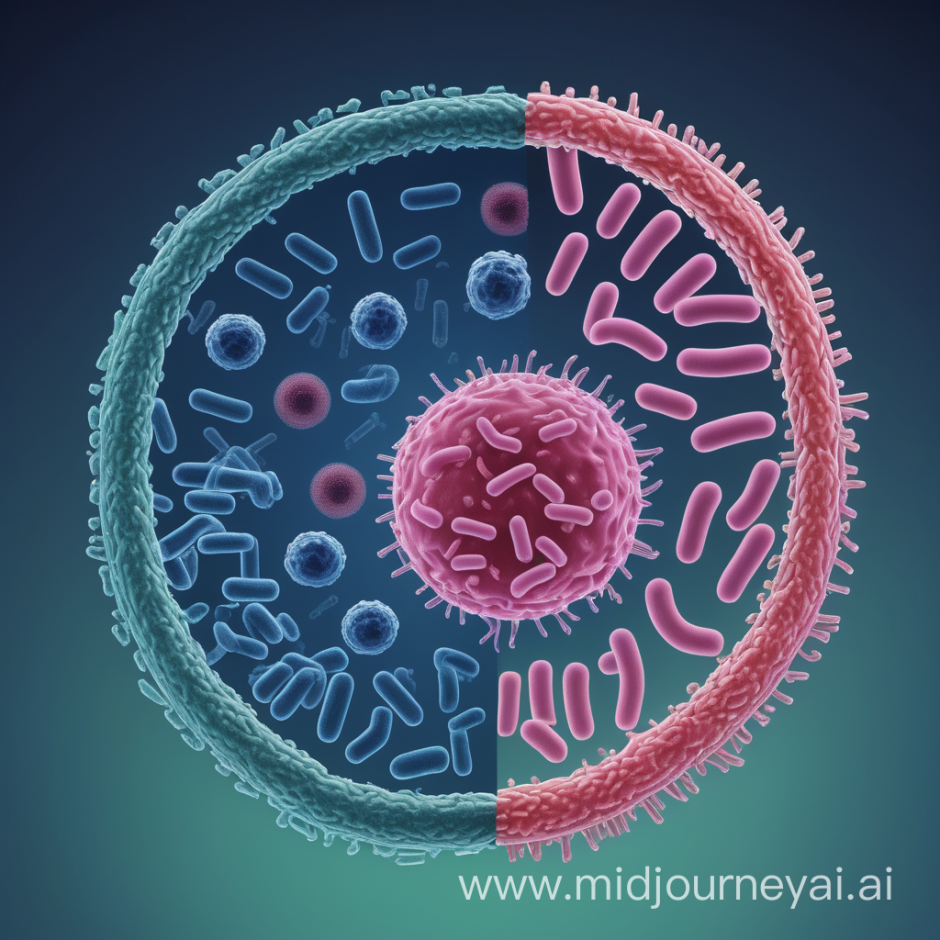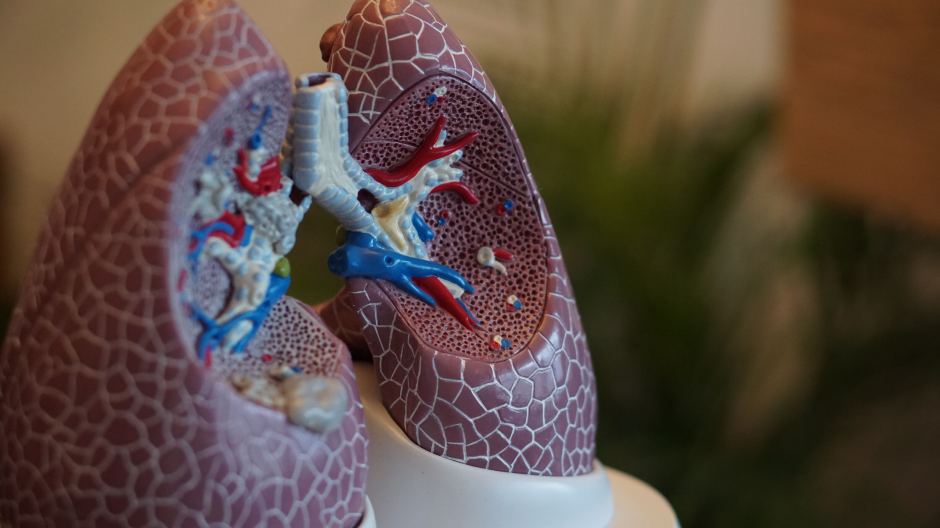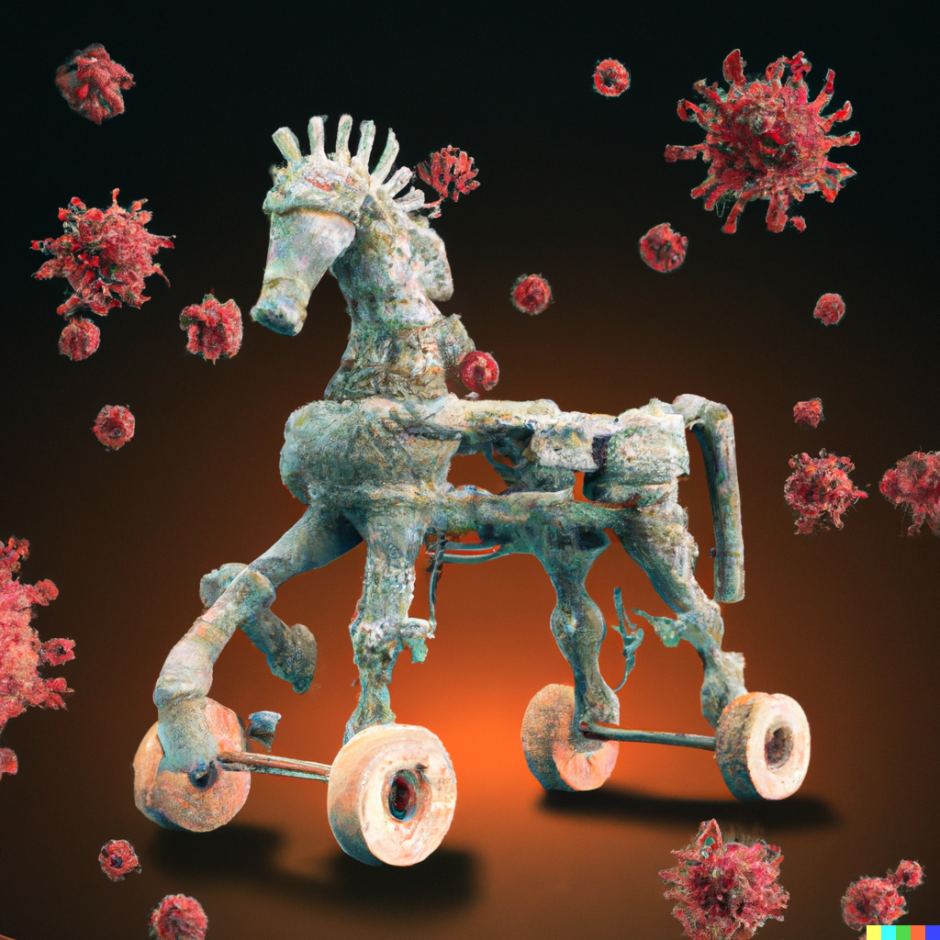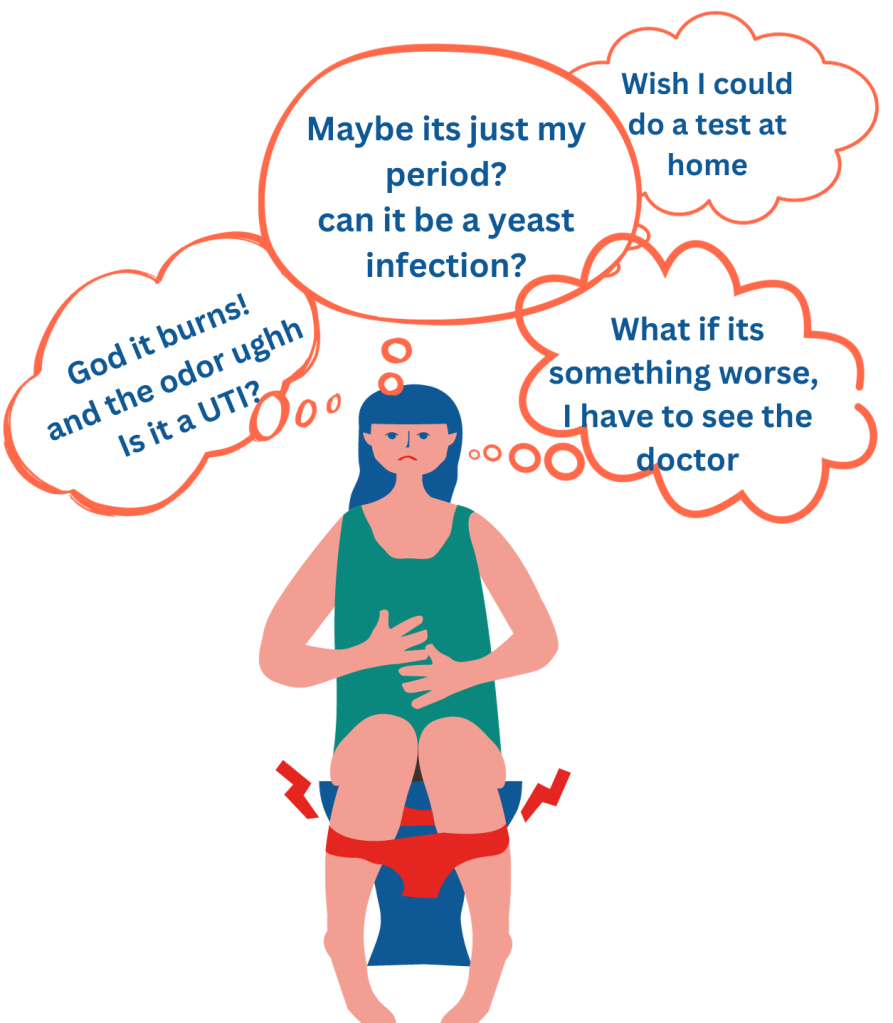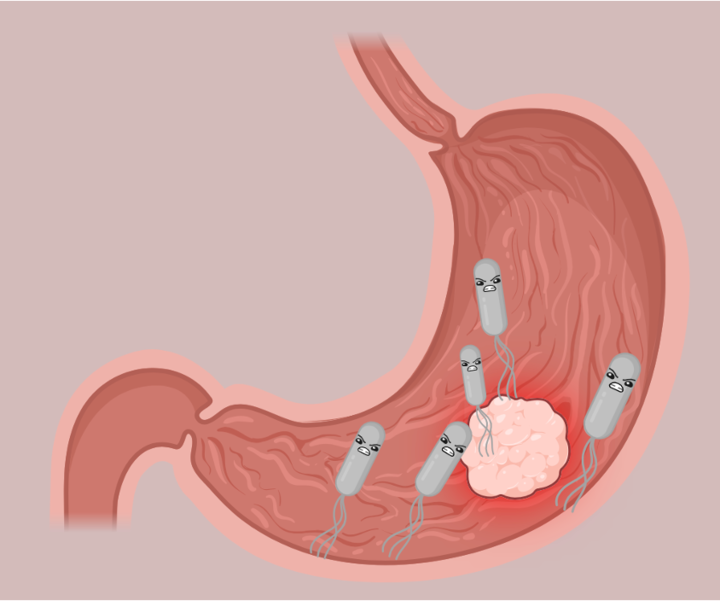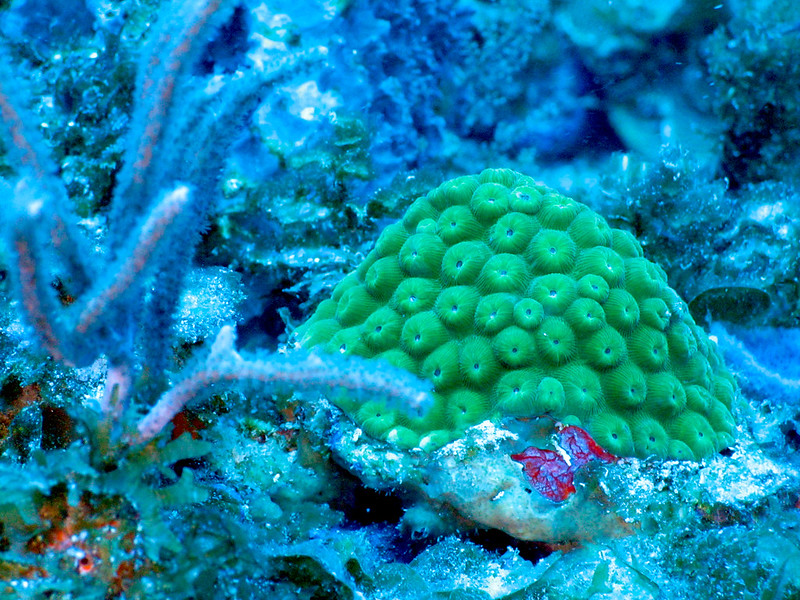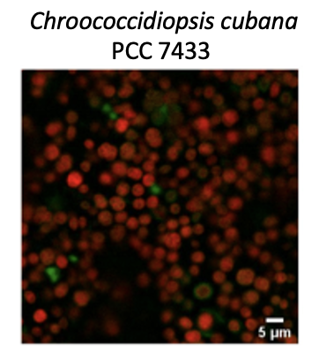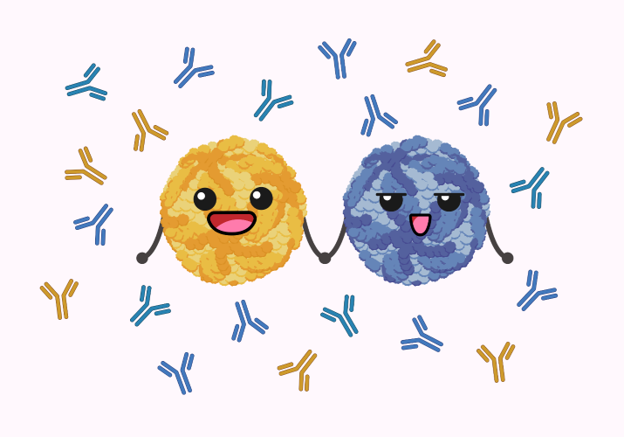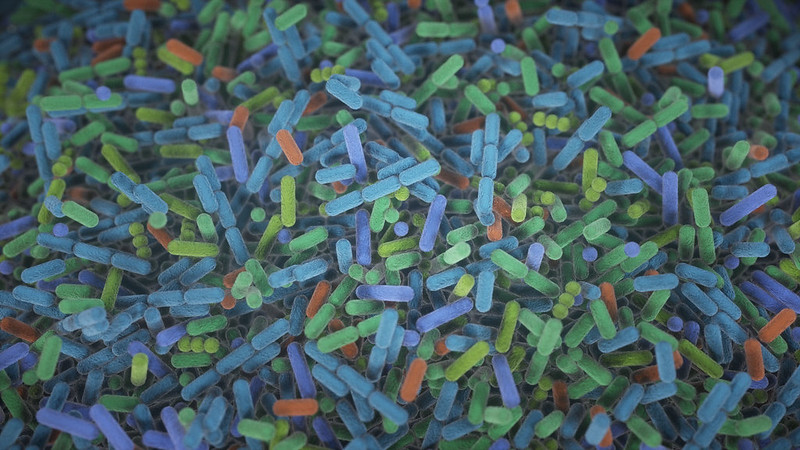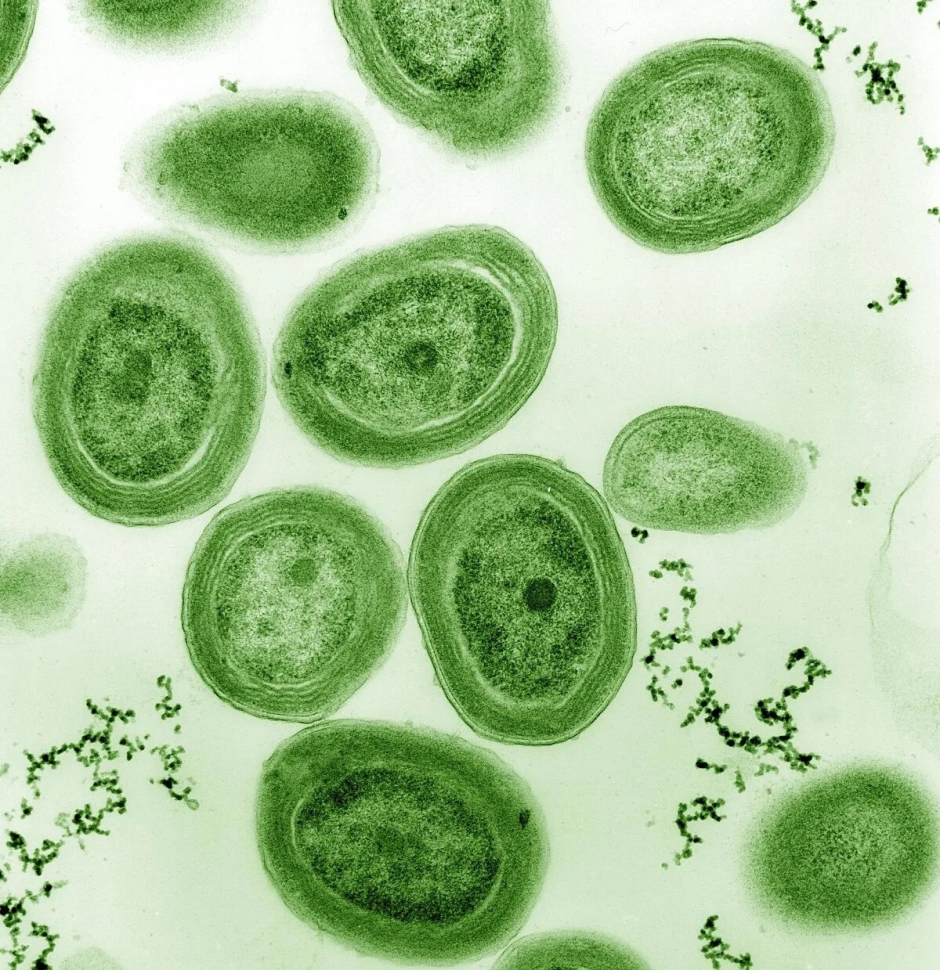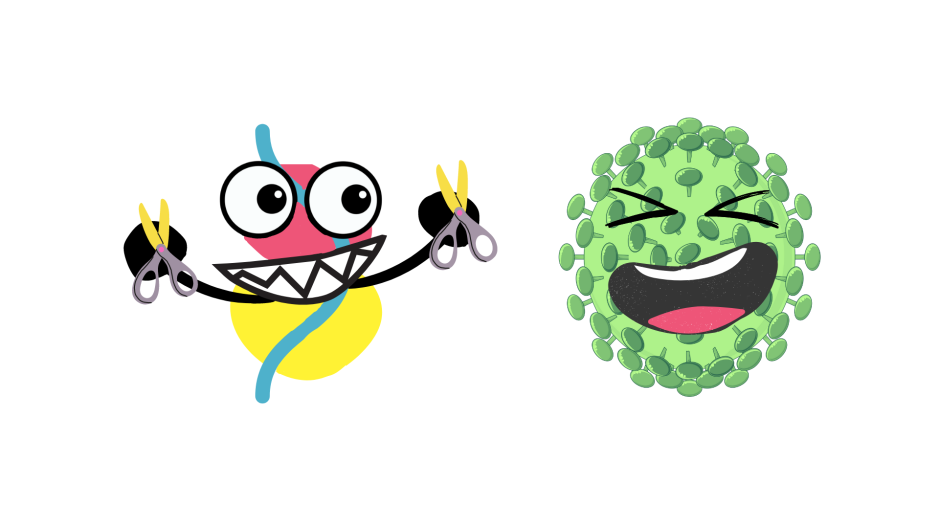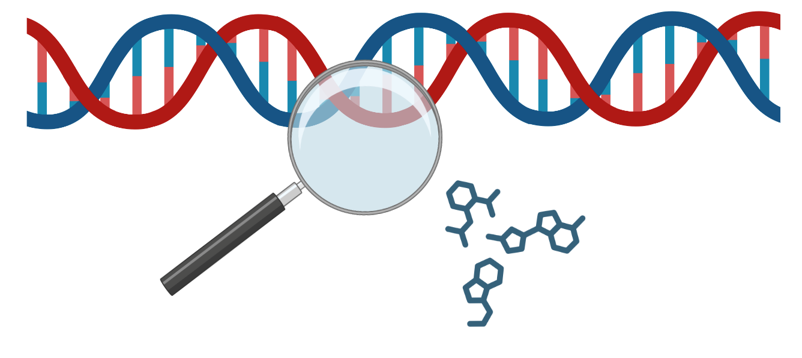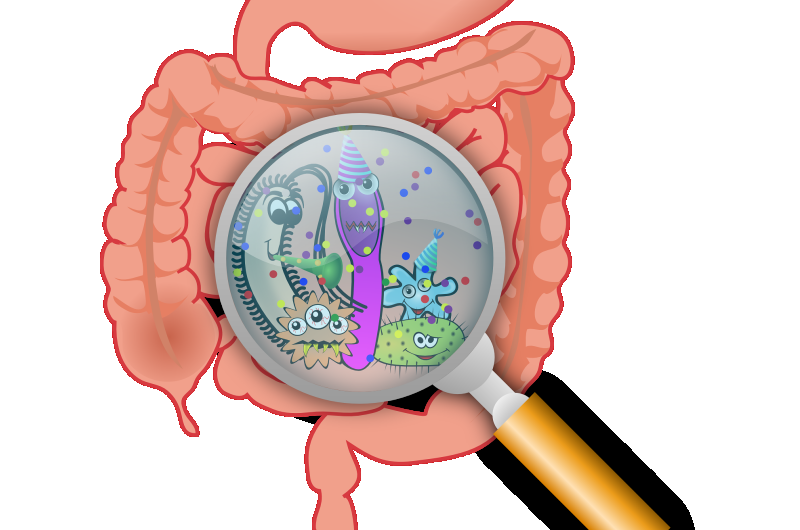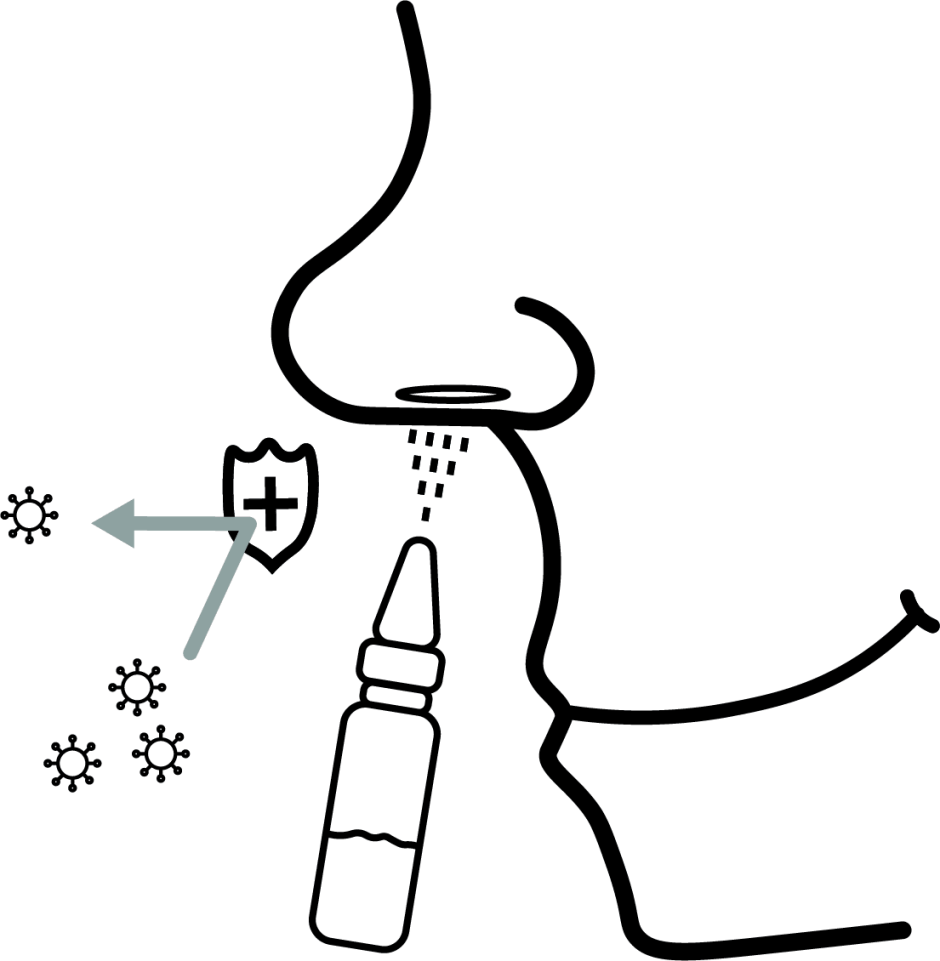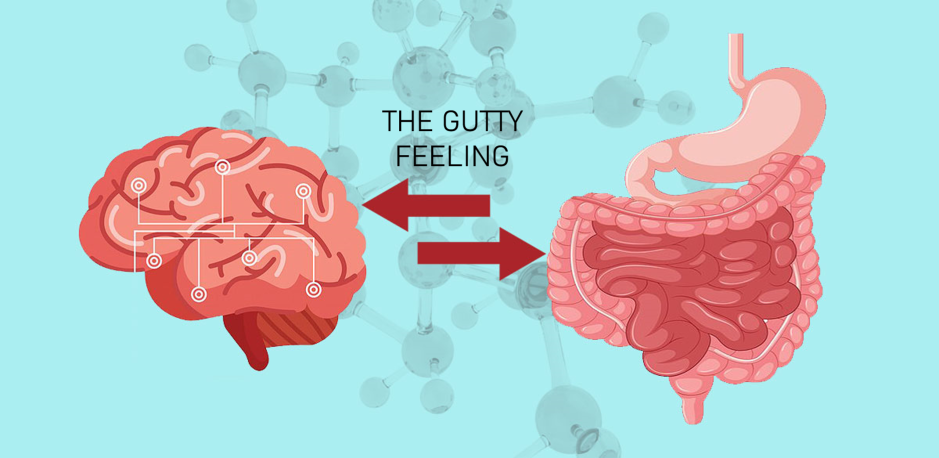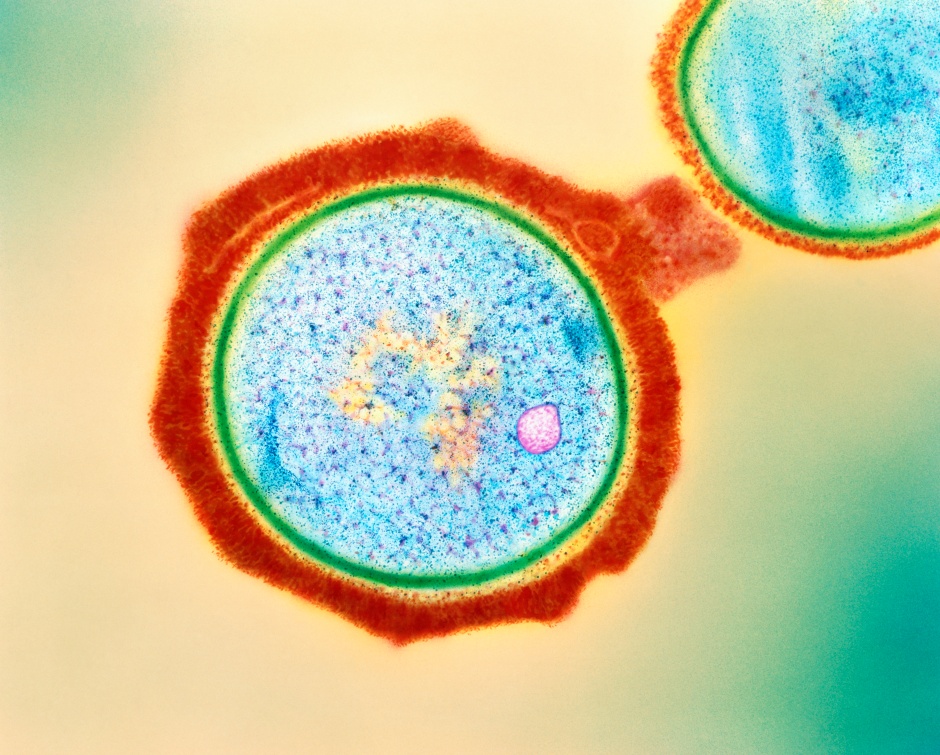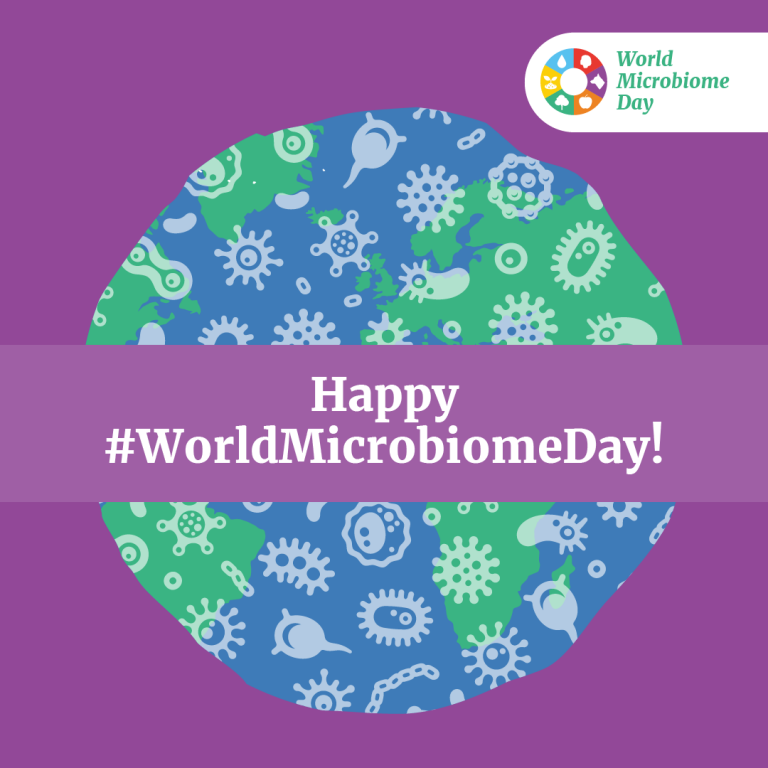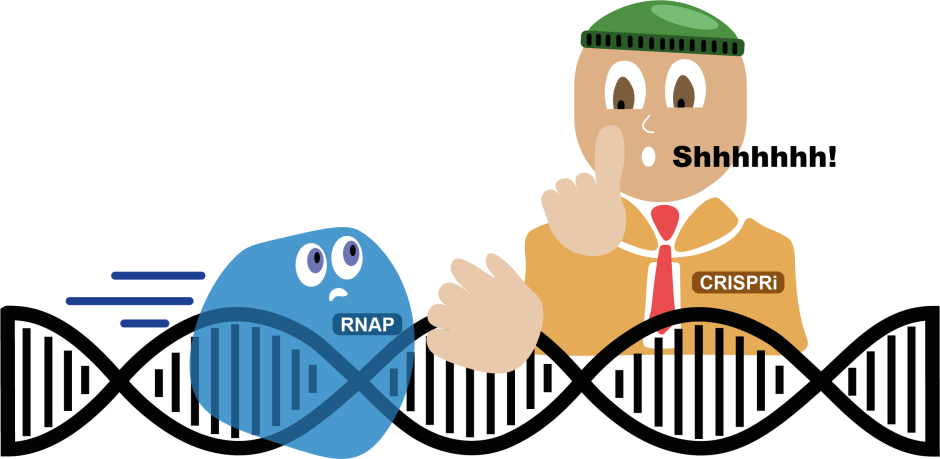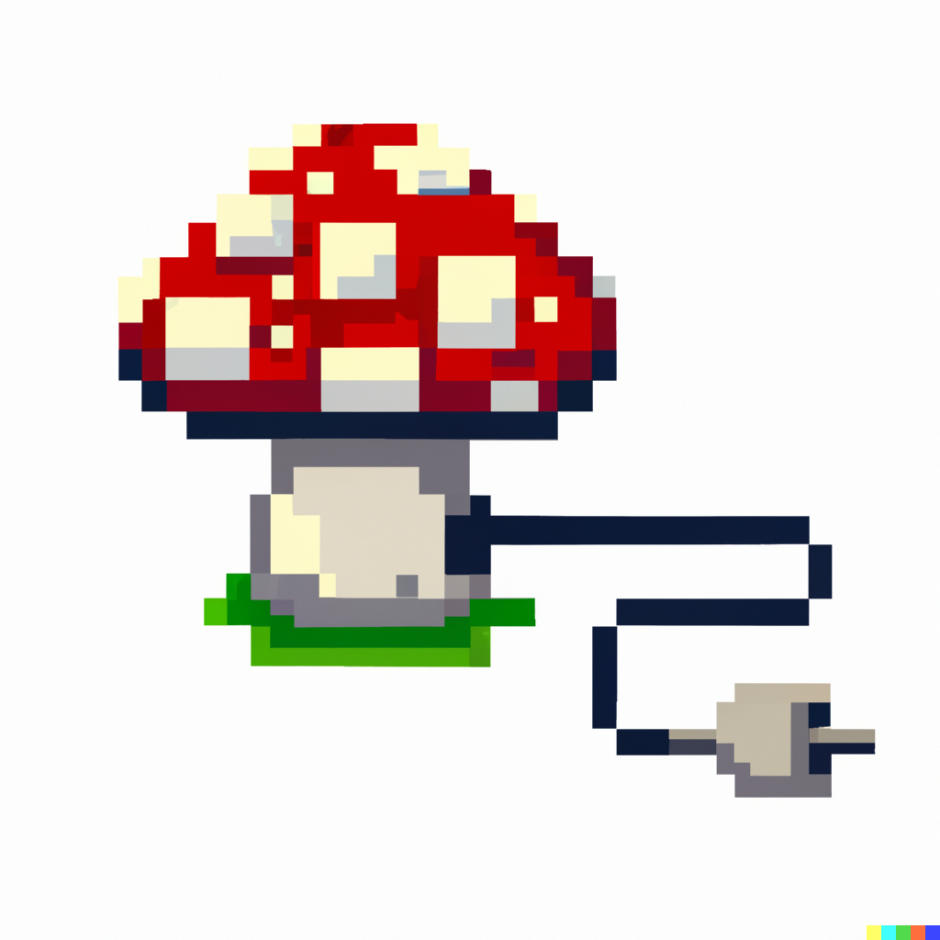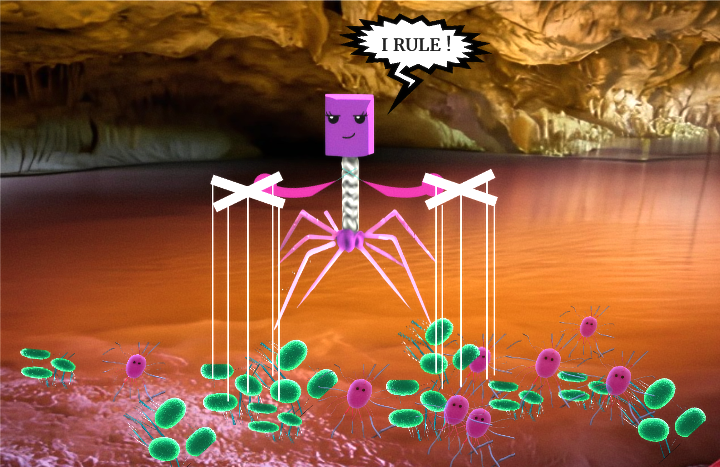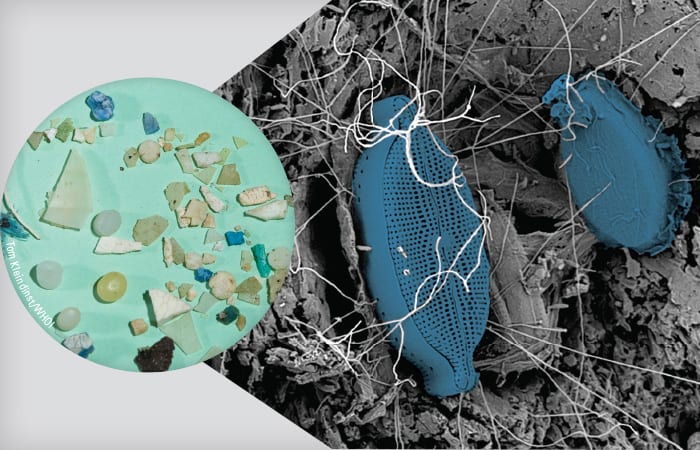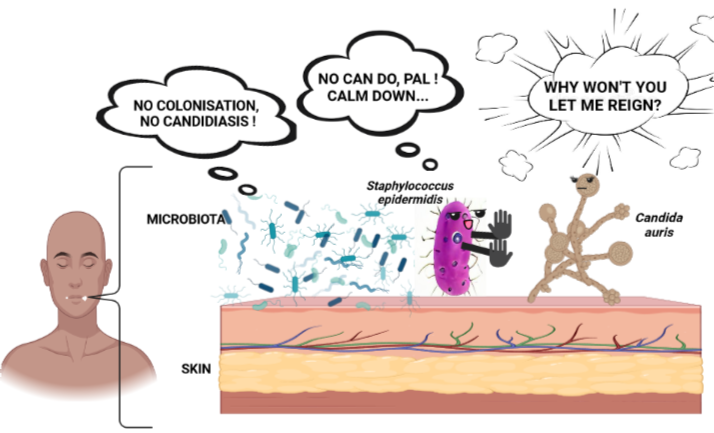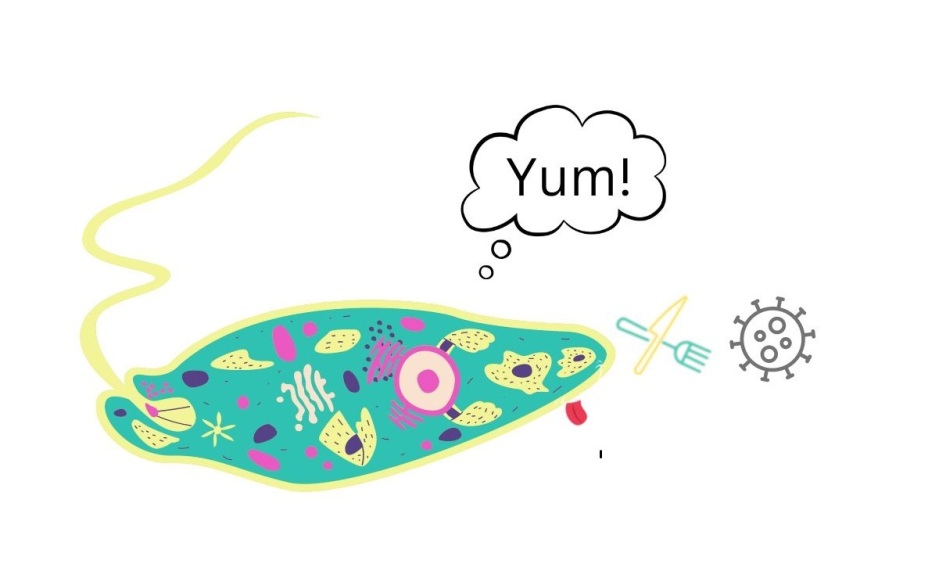
Breaking down the microbiology world one bite at a time
Meditative Mindset
Have you ever experienced “butterflies in your stomach” when feeling nervous or a “gut feeling” guiding your intuition? At the very least, you must have heard about these everyday expressions at some point in your life. Perhaps, they point to the dynamic link between our mind and gut, suggesting that there is more to our gut than meets the eye.
Once upon a time, the gut microbiota was simply considered a group of bacteria helping in digestion. Now, it is recognized as a complex ecosystem that interacts with our brain (and muscles too!) in ways we are only beginning to comprehend. This connection, known as the gut-brain axis, is a burgeoning field of study. Disruptions in the balance of gut microbiota have been implicated in various mental and physical health conditions.
Meditation has gained considerable attention as a holistic practice for calming the mind, reducing stress, and fostering emotional balance. This ancient practice, in its various forms, has transcended cultural and religious boundaries to be widely embraced. As you will read, recent scientific investigations suggest that meditation may exert profound effects on the gut microbiome and eventually, on health.
Dietary choices have also been increasingly recognized as influential factors shaping the gut microbiome’s composition and function. Plant-based diets, such as veganism, have gained popularity for their reported health benefits, including improved digestion and reduced risk of chronic diseases.
A study performed by Maitreyi Raman and colleagues delves into the interplay of meditation, diet, and the gut microbiome. It was conducted to examine the effects of an advanced meditation program in conjunction with a vegan diet, on the gut microbial community and metabolic profile. This is a large non-randomized controlled longitudinal study.
Join in as we unravel a bit more about the gut-brain connection and discover how the power of meditation and dietary choices can impact the thriving ecosystem within us.

PREPARE TO MEDITATE
The study involved a group of individuals embarking on an advanced meditation program known as Samyama. A total of 288 participants were recruited and divided into two groups: the meditation group and the control group (non-meditator group).
The meditation group consisted of individuals who actively participated in the Samyama meditation program. This program involved a “preparatory stage” of 2 months which required participants to practise daily meditation and yoga along with a vegan diet. Other requirements that candidates were expected to follow during the “preparatory stage” were:
- Avoid certain foods like onion, garlic, eggplant, chilli, asafoetida, and caffeine in the form of tea and coffee.
- Consume at least 50% of the food raw.
- Yogic practices include- Shakti Chalana Kriya, Shambhavi Mahamudra Kriya, Hata yoga, Shoonya meditation (2x/day), Sukha Kriya and Arda Siddhasana (1hr/day).
On the other hand, the individuals in the non-meditator group maintained their usual lifestyle and dietary habits. This group served as a comparison to assess the specific effects of the meditation program and vegan diet on the gut microbiome and metabolic profile.
THE PROGRAM
The Samyama meditation experience lasted for 8 days, during which the participants engaged in intensive all-day-long meditation practices. This group also adhered to remaining silent for the entire duration of the retreat. Meanwhile the non-meditator group continued their life as usual.
After completing the program, participants returned to their previous lifestyles.
THE RESULTS
The researchers collected stool samples from participants at three different times during the study:
- T1= samples were collected 2 months prior to start of the program
- T2= samples were collected right before start of Samyama program
- T3= samples collected 3 months after the end of the program.
Stool samples were collected to investigate the effects of meditation on microbiome and metabolome. Researchers analysed the stool samples using advanced techniques like 16s rRNA sequencing and metabolomics. Surprisingly, they found no significant changes in the proportions of Short Chain Fatty Acids (SCFAs) in both meditators and non-meditators. However, there was a significant increase in branched chain SFCAs at the beginning of the Samyama program.
When comparing the overall diversity of microbes, no significant differences were found between meditators and non-meditators. However, they observed changes in richness of many microbes before and after the program. For example, an increase in the population of Lachnospiraceae (a probiotic) was seen in meditators at the beginning of Samayama program. These changes could be due to the effects of meditation and vegan diet on the gut microbiota.
Overall, these findings demonstrate that meditation in combination with a vegan diet can lead to changes in the abundance of specific bacterial species in our guts, while no significant changes were observed in the non-meditator group.

TAKE-AWAY MESSAGE
The findings indicate compositional changes in the gut microbiota in the meditation group, suggesting that the interventions may influence the microbial profile.
These results are supported by another study performed on Tibetan monks who have performed deep-meditation for years. Results of 16s rRNA sequencing showed significant differences in diversity in the stool samples of 56 Tibetan Buddhist monks and the control group. In Tibetan Buddhist monks, some microbes were found in higher proportions, contributing to a lower risk of developing anxiety, depression, and cardiovascular disease.
Although the study on monks supports the conclusions of the Samyama-meditation study, it is important to keep in mind that there are important differences between the studies, like sex ratio, number of participants, environmental differences, possible dietary differences etc.
These findings open the door for more investigation into the effects of meditation and diet on the gut-brain axis, even if their consequences are not yet completely understood.
Link to the original post: Raman, M., Vishnubhotla, R., Ramay, H.R. et al. Isha yoga practices, vegan diet, and participation in Samyama meditation retreat: impact on the gut microbiome & metabolome – a non-randomized trial. BMC Complement Med Ther 23, 107 (2023). https://doi.org/10.1186/s12906-023-03935-8
Other article- Sun Y, Ju P, Xue T, et al. Alteration of faecal microbiota balance related to long-term deep meditation. General Psychiatry 2023;36:e100893. doi:10.1136/ gpsych-2022-100893
Featured image: Created by author using bing image creator

